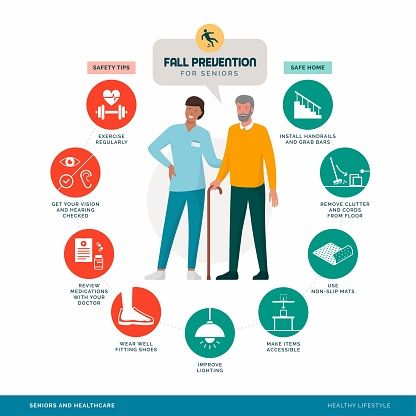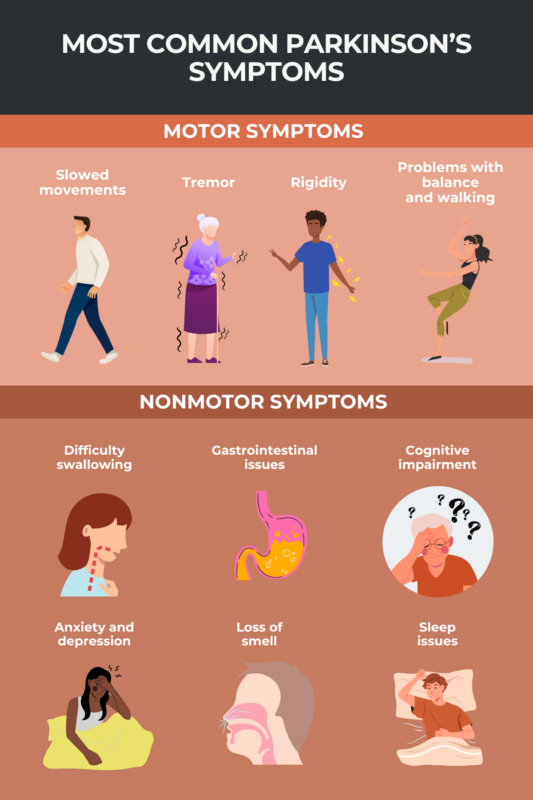
How to Prevent Falls and Injuries in Seniors
- 0
Falls are one of the leading causes of injury and even death among seniors. As we age, our bodies become more susceptible to falls due to factors such as decreased balance, muscle weakness, and vision problems. However, there are steps that seniors can take to reduce their risk of falling and getting injured. In this article, we will discuss some practical tips and strategies to help prevent falls and injuries in seniors.
Stay Active and Engage in Regular Exercise
Engaging in regular physical activity is essential for maintaining strength, balance, and flexibility as we age. Seniors should aim to incorporate exercises that focus on improving balance, such as yoga or Tai Chi, into their routine. Strength training exercises are also crucial for building muscle mass and reducing the risk of falls. It is recommended that seniors consult with a healthcare provider before starting a new exercise program to ensure it is safe and appropriate for their individual needs.
Make Your Home Fall-Proof
Many falls among seniors occur in their own homes, often due to hazards such as loose rugs, cluttered walkways, or poor lighting. Seniors can reduce their risk of falling by taking simple steps to make their home safer. This includes removing tripping hazards, installing grab bars in the bathroom, and ensuring that pathways are clear and well-lit. Seniors may also benefit from using assistive devices such as handrails or walkers to help them move around safely.
Regular Vision and Hearing Check-Ups
Changes in vision and hearing can significantly increase the risk of falls among seniors. Seniors should have their vision and hearing checked regularly by a healthcare provider to address any issues that may affect their balance and coordination. It is also important for seniors to wear appropriate corrective lenses or hearing aids to improve their sensory input and reduce the risk of falls.
Review Medications with Healthcare Provider
Many seniors take multiple medications to manage chronic conditions, which can increase the risk of falls due to side effects such as dizziness or drowsiness. Seniors should review their medications with a healthcare provider regularly to ensure they are taking them as prescribed and to discuss any potential side effects. It is important to be aware of how medications can impact balance and coordination to reduce the risk of falls.
Wear Proper Footwear
The type of footwear seniors wear can also play a significant role in preventing falls. Seniors should opt for supportive shoes with non-slip soles to provide traction and stability when walking. High heels, slippers, and shoes with worn-out soles should be avoided as they can increase the risk of slipping or stumbling. It is essential for seniors to wear proper footwear both inside and outside the home to reduce the risk of falls.
Stay Connected and Engage in Social Activities
Isolation and loneliness can impact a senior’s physical and mental well-being, increasing the risk of falls and injuries. Seniors should stay connected with friends, family, and community members to maintain a sense of social support and engagement. Participating in social activities, hobbies, or volunteer work can also help keep seniors active, stimulated, and connected, reducing the risk of falls and enhancing overall quality of life.
By following these tips and strategies, seniors can take proactive steps to prevent falls and injuries, allowing them to age safely and independently. It is crucial for seniors to prioritize their health and well-being by staying active, maintaining a safe living environment, and seeking regular medical care. By taking a proactive approach to fall prevention, seniors can reduce their risk of injury and maintain their quality of life as they age.

